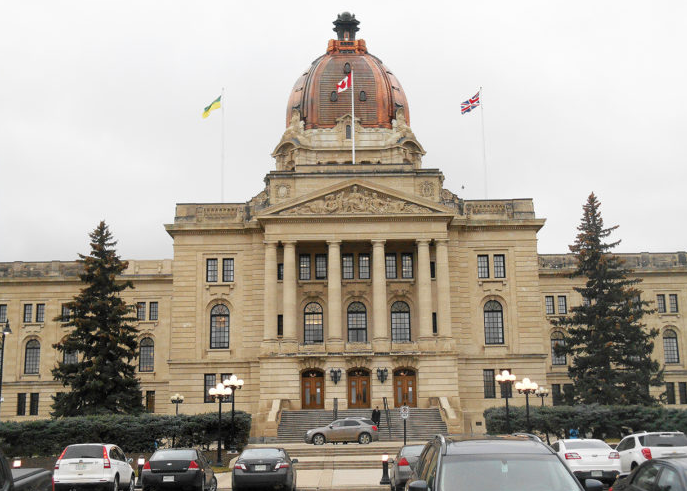The Water Security Agency (WSA) of Saskatchewan has received a boost from the federal government as it works to help communities and agricultural producers adapt to the impacts of climate change.
Tuesday, the WSA announced it was partnering with Natural Resources Canada to provide $1.3 million in funding and in-kind support to help manage the impacts of climate change.
The federal government is contributing more than $587,000 through the Building Regional Adaptation Capacity and Expertise (BRACE) program, while the provincial government is providing $320,000 and the ESA and its partner agencies $326,000 of in-kind support.
The contributions will be used to deliver three projects.
‘The first is working with partner organizations to offer some workshops to producers over the next couple of years to look at the agricultural water management strategy and incorporate … resiliency components into some of their designs of agricultural drainage projects,” said WSA spokesperson Patrick Boyle.
“(It will help) make them more resilient to a changing climate.”
The second program will increase the capacity of qualified persons, and create a training program to build capacity in each region of the province.
“Qualified persons are part of the ag water management strategy,” Boyle explained.
“What they do is work with landowners and producers to help them advance their projects. We look at those drainage projects and they help us assist producers to work through the approval process so we can move those drainage projects along.”
The third project is designed to work with communities at high risk of hydrological drought to develop drought response plans.
‘We take a look at those plans and help those communities become resilient to those conditions,” Boyle said.
‘We look at all those options, whether they are existing hazards of vulnerabilities they may have, and help those communities be more resilient to a changing climate.”
The funding announced Tuesday is in support of the province’s Prairie Resilience plan. The climate change plan establishes emissions targets while also looking at supporting the province in its adaptation to a changing climate.
The plan has been criticized by some as not doing enough to combat climate change, and instead just focusing on managing the impact. Of the Canadian provinces, Saskatchewan has the highest emissions per capita.
Supporters of Saskatchewan’s plan, though, have pointed out that the province’s farmland and forested northern region has the potential to act as a large carbon sink.
The initiatives announced by the WSA Tuesday aren’t the only things being done by the agency to address climate resiliency. The WSA is also looking at flood plain mapping and it is spending up to $75 million rehabilitating and maintaining provincially-owned structures and water management infrastructure across Saskatchewan.
The funding committed to Tuesday could help the WSA to achieve some of its goals faster, Boyle said.
“Certainly, working with the federal government on the bulk of this … will help us move some of those things forward.


